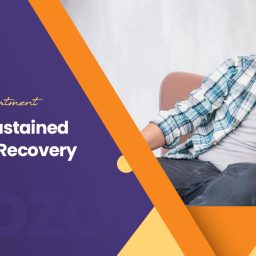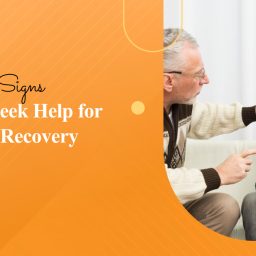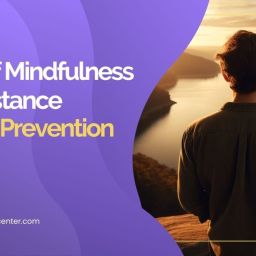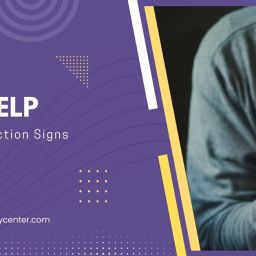
Substance abuse is a widespread and intricate problem that impacts people from all walks of life. It is a hazardous and compulsive drug and alcohol use that results in both physical and mental dependence. Although substance abuse can start unintentionally, it frequently develops into a harmful cycle that affects many facets of a person’s life.
Substance abuse fundamentally involves the obsessive and uncontrollable use of drugs despite their harmful effects. It is marked by a loss of control over one’s drug or alcohol use, which can have detrimental effects on one’s relationships, mental and physical health, and general functioning. From episodic binge drinking to frequent use of illegal drugs, substance abuse develops gradually. However, numerous factors, such as genetics, environmental influences, trauma, and mental health conditions, can contribute to its development. It is essential to identify the warning signs and symptoms of substance abuse to facilitate early intervention and assist individuals in navigating the recovery process.
Physical Symptoms of Drug Abuse
Substance abuse is frequently accompanied by physical symptoms. Bloodshot eyes, dilated or constricted pupils, abrupt weight gain or loss, slurred or slow speech, and frequent nosebleeds are a few examples of these. Moreover, track marks on arms, unexplained injuries, or the presence of drug paraphernalia could all be signs of substance abuse.
Changes in Behavior and Psychology
Abuse of substances can lead to severe psychological and behavioral disorders. Frequent signs include mood swings, irritability, unexplained agitation or paranoia, abrupt withdrawal from friends and family, abrupt changes in sleep patterns, poor hygiene, and neglecting obligations. Frequent lying, stealing, financial difficulties, or legal troubles could also be signs of substance abuse.
Interpersonal and Social Warning Signals
Abuse of substances can cause interpersonal problems and negatively affect social interactions. Substance abuse may be indicated by recurring arguments with loved ones, abrupt shifts in social circles or activities, loss of interest in past interests or hobbies, poor performance at work or school, and deteriorating personal relationships.
Combating Denial and Asking for Assistance
When someone is abusing drugs, denial is a typical coping mechanism. As such, the problem must be tackled with compassion and understanding. If you have any suspicions about substance abuse, either in yourself or someone you love, gently voice your concerns and promote an honest conversation. Assist and talk about options for getting professional assistance, like support groups, therapists, or addiction counselors.
Early intervention and successful support depend on the ability to identify the telltale signs and symptoms of substance abuse. You can assist people who are struggling with substance abuse tendencies in taking the required steps towards recovery and a healthier, happier life by being aware of the physical signs, behavioral changes, and social red flags.
One can help people struggling with substance abuse and foster a supportive environment for their road to recovery by remaining knowledgeable, caring, and proactive.






